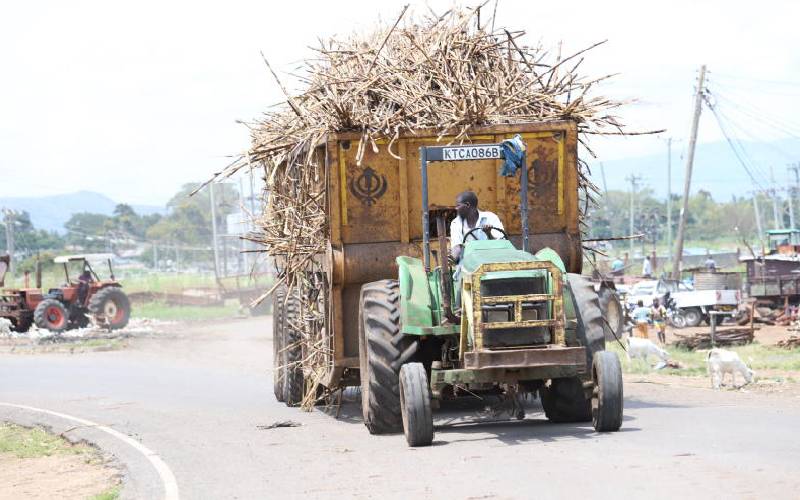×
The Standard e-Paper
Stay Informed, Even Offline

A sugar miller has cleared arrears owed to farmers dating back to 2017/2018 financial year.
Muhoroni Sugar Company General Manager Nahashon Osieko disclosed that the firm has paid Sh180 million, which was part of the Sh2.6 billion owed to farmers by State millers countrywide.